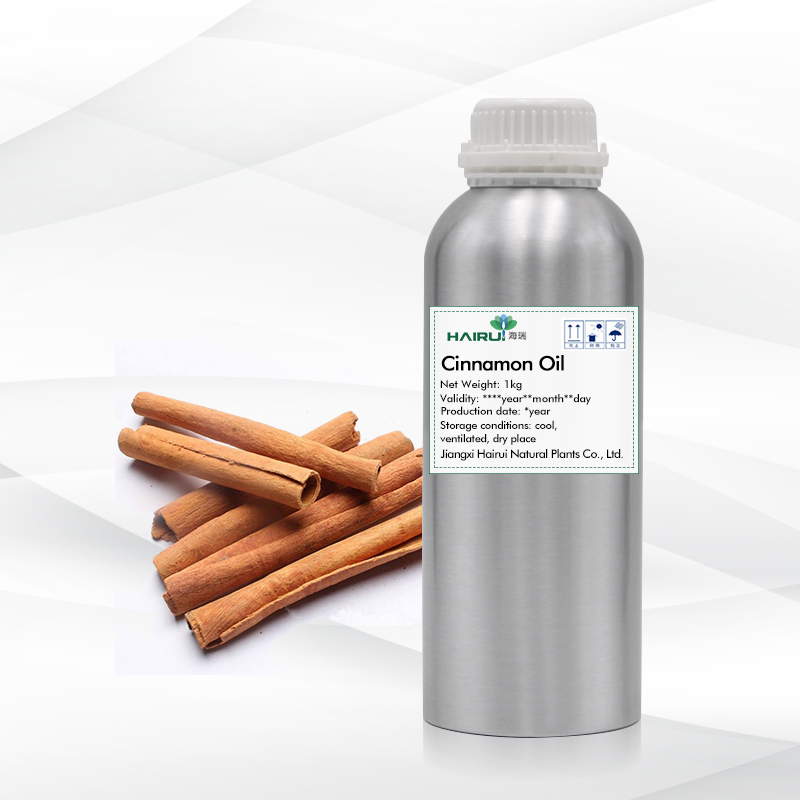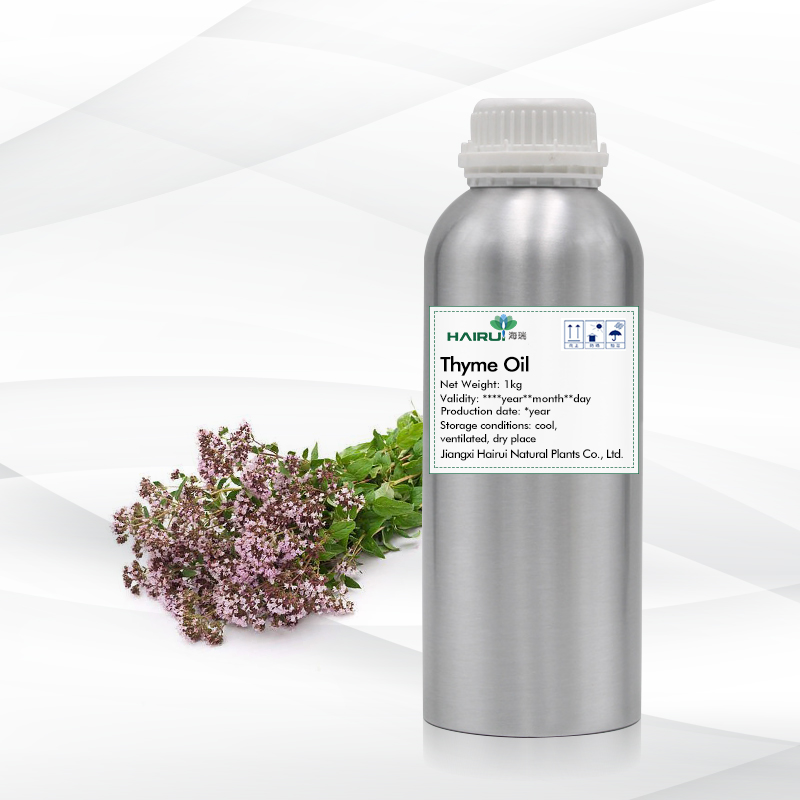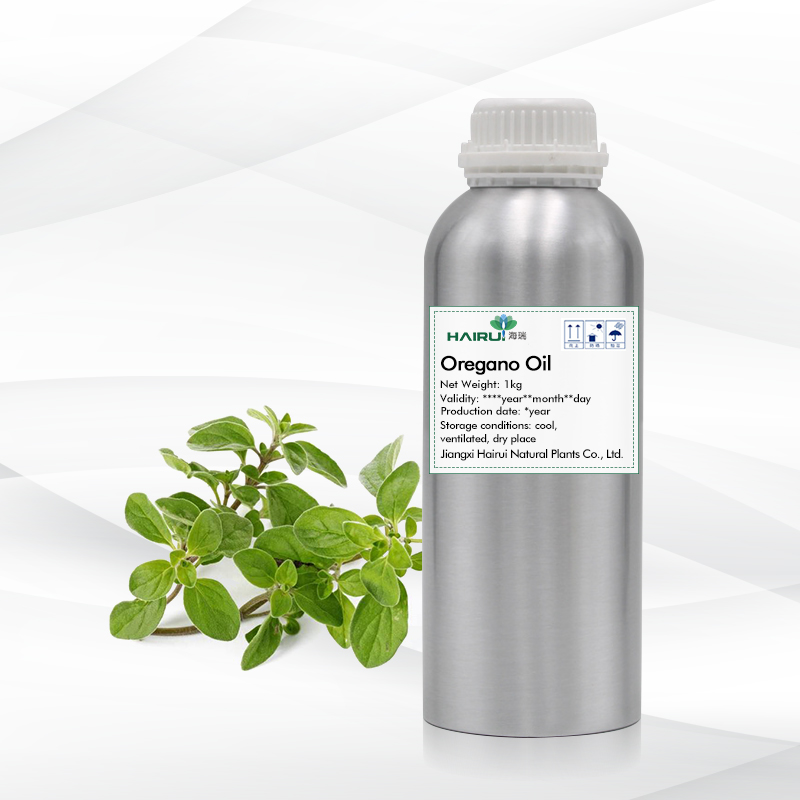Essential oils have been around for centuries. Whether we are talking about anxiety and depression, or arthritis and allergies, essential oils can cope with everything. So the idea of using essential oils to fight bacterial infections is nothing new.They have been used to fight various diseases, from pathogenic bacteria and viruses to fungi. Evidence shows that antibacterial essential oils can effectively kill bacteria without producing drug resistance. It is an excellent antibacterial and antimicrobial resource.
It is found in clinical practice and consistent with medical literature that oregano, cinnamon, thyme and tea tree essential oils are the most effective antibacterial essential oils against bacterial infections.
1. Cinnamon essential oil
People not only like the taste of cinnamon, it is also a health supplement for humans. It is often used in baked goods and gluten-free oatmeal. What you need to know is that every time you eat it, it is actually fighting the potential of the body. Of harmful bacteria.
2. Thyme essential oil
Thyme essential oil is a good antibacterial agent. The University of Tennessee’s Department of Food Science and Technology (University of Tennessee’s Department of Food Science and Technology) conducted research to evaluate its effect on the bacteria Salmonella found in milk. Like cinnamon essential oil, thyme essential oil with the GRAS logo (a US FDA label for food safety, meaning “edible safe substance”) is dropped on the bacteria.
The results of the study were published in the International Journal of Food Microbiology. Research results show that “nanoemulsions” can be an important choice for protecting our body from bacteria by using thyme essential oil as an antimicrobial preservative.
3. Oregano essential oil
Interestingly, the resistance of bacteria to standard antibiotics has become a major problem in the health industry. This has caused people to pay more attention to plants as a possible alternative to fighting bad bacteria. Studies have shown that oregano essential oil and silver nanoparticles (also called colloidal silver) have strong antibacterial activity against some resistant strains.
The results showed that both single treatment or combination treatment reduced the density of bacteria, and the antibacterial activity was achieved by destroying cells. Taken together, these results indicate that oregano essential oil can be used as a substitute for infection control.
4. Tea tree essential oil
Tea tree essential oil is an excellent substitute for fighting bacteria. A study showed that tea tree essential oil mixed with eucalyptus essential oil can effectively prevent E. coli and staphylococcal infections, and it can help fight bronchitis caused by colds. After use, it will have an immediate effect and a sustained release within 24 hours. This means that there is an initial cellular response during use, but the essential oil will continue to work in the body, so it is a good antibacterial agent.
The antibacterial properties of essential oils are different from antibiotics and chemical sterilization. Essential oils actually make bacteria lose their ability to reproduce and infect, but they do not die, so they will not develop resistance.
Post time: Dec-10-2021







